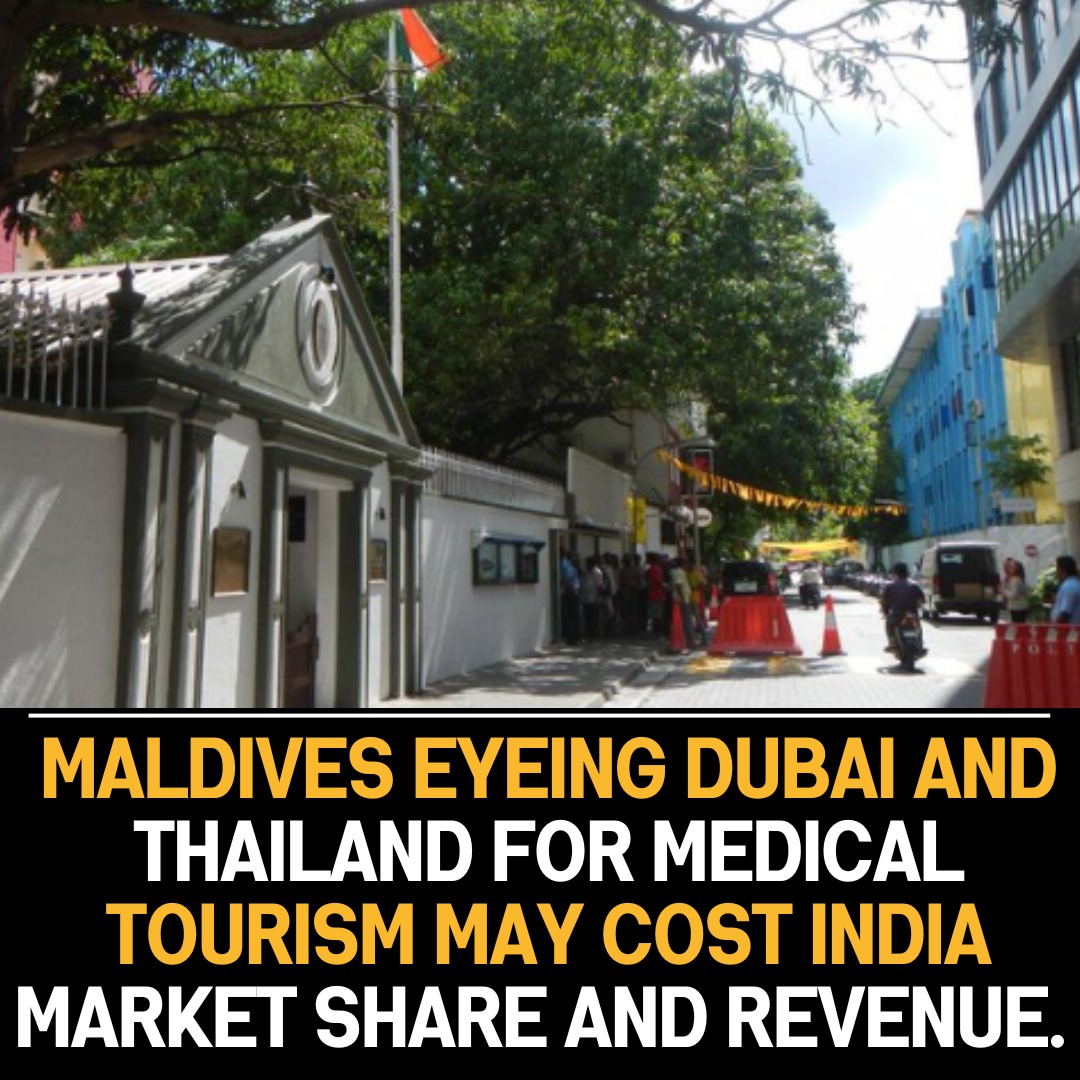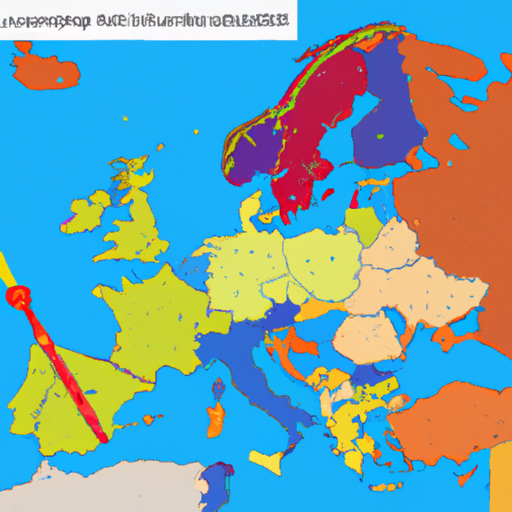In the realm of medical tourism, the Maldives is charting a course that could reshape the landscape, posing a formidable challenge to India’s market dominance. As the island nation explores healthcare options in Dubai and Thailand, a potential decline in revenue for India looms, casting shadows on its economy and healthcare sector.
The allure of Dubai and Thailand for medical treatments is multifaceted. Both destinations boast world-class medical facilities, cutting-edge technology, and a reputation for delivering exceptional healthcare services. The Maldives, traditionally reliant on India for medical tourism, is now diversifying its options, seeking a broader range of specialties and advanced treatments available in these competitive hubs.
India, long hailed as a medical tourism giant, may face a substantial impact on its market dominance. The shift in preferences could lead to a decline in revenue as patients opt for the perceived advantages offered by Dubai and Thailand, such as state-of-the-art infrastructure, internationally trained healthcare professionals, and a seamless integration of medical services with tourism.
The implications for India’s economy are significant. Medical tourism has been a crucial revenue source, contributing substantially to the country’s economic growth. A potential decline in this sector could reverberate across various industries, affecting job markets, hospitality, and related service sectors. The economic symbiosis between India and medical tourists might be strained as competitors gain ground.
Furthermore, the healthcare sector within India may witness a negative impact. The influx of medical tourists has not only fueled revenue but also spurred advancements in healthcare infrastructure and technologies. A decline in medical tourism could slow down the pace of innovation, hinder the growth of medical facilities, and create a ripple effect on the overall quality of healthcare services.
India’s response to this evolving dynamic will be crucial. The nation may need to reevaluate and enhance its medical tourism offerings, focusing on maintaining a competitive edge in terms of cost, quality, and specialized treatments. Collaborations with international healthcare providers and strategic marketing initiatives could play a pivotal role in regaining and retaining its position in the global medical tourism market.
In conclusion, the Maldives’ exploration of medical tourism alternatives in Dubai and Thailand presents a palpable threat to India’s market dominance. The potential decline in revenue poses challenges to both the country’s economy and its healthcare sector. The shifting dynamics in medical tourism underscore the need for India to adapt, innovate, and strategically position itself to navigate the evolving landscape of global healthcare preferences. 🌐💉



